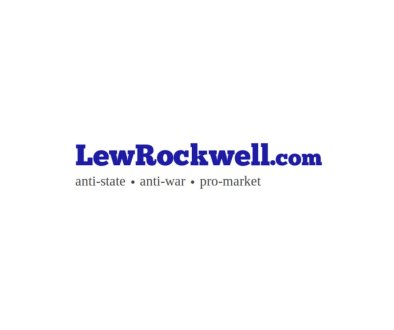Free Speech and Private Power: Restraints on Government Officials Moderating Online Content Following Lindke
[I am serializing my short Harvard Law Review Forum essay titled “Free Speech and Private Power”, responding to the Harvard Law Review’s publication of Evelyn Douek & Genevieve Lakier’s excellent new article, Lochner.com? I actually agree with much of what Douek & Lakier say, but offer a somewhat different perspective on the matter, mostly asking what the Court’s recent cases mean going forward, rather than trying to critique them.]
[This post is about Lindke v. Freed, which (to oversimplify) held that a public official’s blocking commenters from the official’s social media page based on their viewpoints constitutes “state action” and thus potentially violates the First Amendment “only if the official (1) possessed actual authority to speak on the State’s behalf, and (2) purported to exercise that authority when he spoke on social media. The appearance and function of the social-media activity are relevant at the second step, but they cannot make up for a lack of state authority at the first.”]
Lindke, like Murthy [v. Missouri], asked the Court to draw a line between public power, which is constrained by the First Amendment, and private power, which is not. But in Lindke, a government official was indubitably acting: The question was whether the official was acting as an official or as a private citizen.
Here I think I disagree in some measure with Douek and Lakier’s analysis, though more as a matter of emphasis: I appreciate their critiques of the Lindke opinion, but think that on balance the opinion makes sense, because the “space of privacy for government officials when they use[] social media to publicize their work and promote their political agenda” is indeed worth preserving.
Before being anything else, after all, officials are people. They often act the way other people act, and are entitled to considerable latitude in doing so. Thus, for instance, even when the Establishment Clause was seen as generally restricting governmental endorsement of religion, individual officials remained free to go to chu
Article from Reason.com

The Reason Magazine website is a go-to destination for libertarians seeking cogent analysis, investigative reporting, and thought-provoking commentary. Championing the principles of individual freedom, limited government, and free markets, the site offers a diverse range of articles, videos, and podcasts that challenge conventional wisdom and advocate for libertarian solutions. Whether you’re interested in politics, culture, or technology, Reason provides a unique lens that prioritizes liberty and rational discourse. It’s an essential resource for those who value critical thinking and nuanced debate in the pursuit of a freer society.



